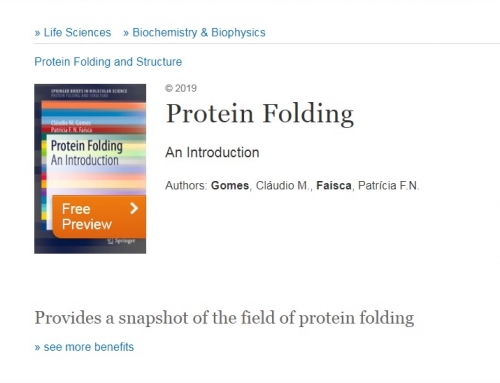Currently, the biofortification of crops like wheat with micronutrients such as iron (Fe) and zinc (Zn) is extremely important due to the deficiencies of these micronutrients in the human diet and in soils. Agronomic biofortification with Fe and Zn can be done through different exogenous strategies such as soil application, foliar spraying, and seed priming. However, the excess of these micronutrients can be detrimental to the plants. Therefore, in the last decade, a high number of studies focused on the evaluation of their phytotoxic effects to define the best strategies for biofortification of bread wheat. In this study, we investigated the effects of seed priming with different dosages (1 mg L-1 to 8 mg L-1) of Fe and/or Zn in germination, mitosis and yield of bread wheat cv. ‘Jordão’ when compared with control. Overall, our results showed that: micronutrient dosages higher than 4 mg L-1 negatively affect the germination; Fe and/or Zn concentrations higher than 2 mg L-1 significantly decrease the mitotic index and increase the percentage of dividing cells with anomalies; treatments performed with 8 mg L-1 of Fe and/or 8 mg L-1 Zn caused negative effects in germination, mitosis and grain yield. Moreover, seed priming with 2 mg L-1 Fe + 2 mg L-1 Zn has been shown to be non-cytotoxic, ensuring a high rate of germination (80%) and normal dividing cells (90%) as well as improving tillering and grain yield. This work revealed that seed priming with Fe and Zn micronutrients constitutes a useful and alternative approach for the agronomic biofortification of bread wheat.



